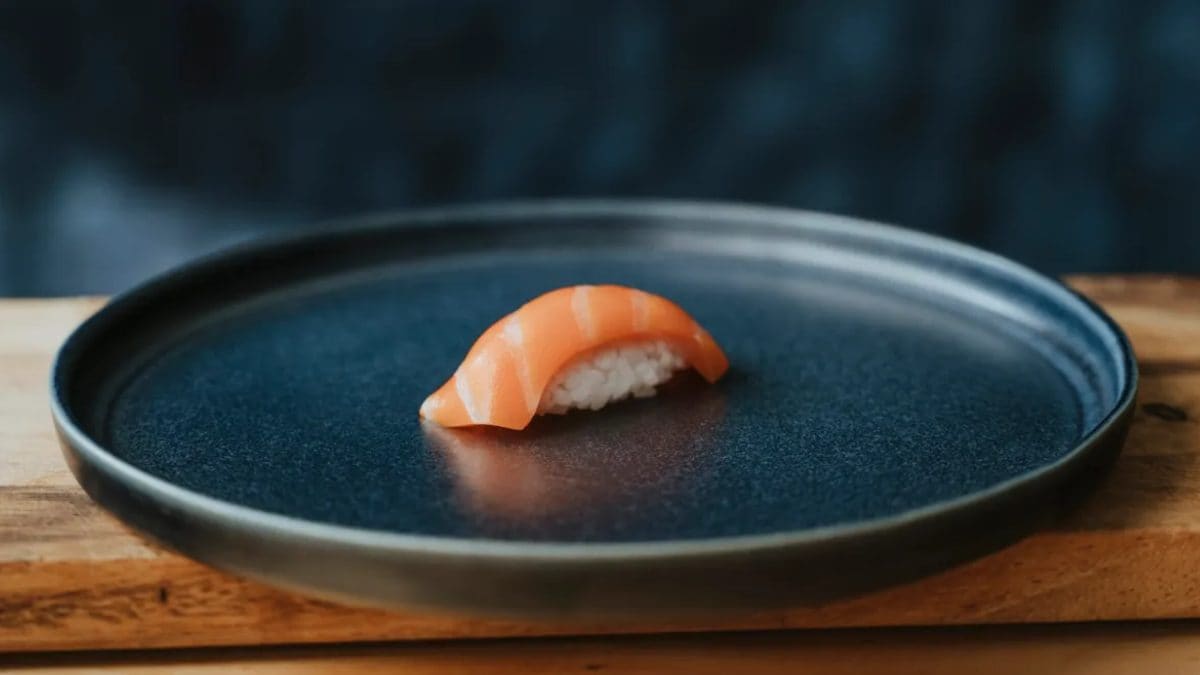
In a landmark decision, the U.S. Food and Drug Administration (FDA) has officially approved lab-grown salmon for human consumption, marking the first time a cultivated fish product has received the green light in the United States. The approval was granted to Wildtype, a San Francisco-based food tech company specializing in cell-cultivated seafood, and represents a major step forward in the future of sustainable protein.
How It’s Made: From Cell to Sashimi
Wildtype’s salmon is created by harvesting living cells from Pacific salmon, which are then grown in stainless steel tanks under carefully controlled conditions that mimic the natural environment of wild fish. Once matured, the cells are harvested and combined with plant-based ingredients to replicate the texture, flavor, and appearance of traditional salmon. The result? A sushi-grade “saku” cut that’s designed to be served raw in dishes like sashimi, crudo, and ceviche.
Where to Try It
The first restaurant to serve Wildtype’s cultivated salmon is Kann, a James Beard Award-winning Haitian restaurant in Portland, Oregon, led by Chef Gregory Gourdet. The salmon debuted in June and will be featured on the menu daily starting in July. Wildtype also plans to expand to four additional restaurants in the coming months, though names and locations have yet to be announced.
Why It Matters
This FDA approval is more than just a culinary curiosity—it’s a significant advancement in food sustainability. Cultivated seafood offers a way to reduce pressure on overfished oceans, eliminate exposure to microplastics and mercury, and provide a traceable, clean protein source. Unlike lab-grown meat, which requires dual approval from both the FDA and USDA, cultivated seafood is regulated solely by the FDA, potentially accelerating its path to market.
;Resize,width=767;)
